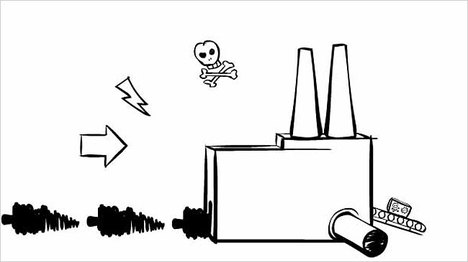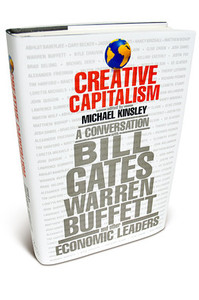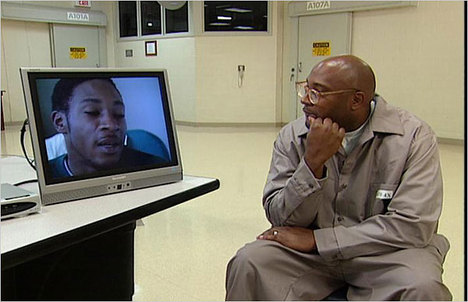Source of book image: online version of the WSJ review quoted and cited below.
(p. W6) . . . “Rich” contains an interesting argument, if only one can find it. Mr. Samuel contends that the 20th century has seen the creation of a distinctly American “wealth culture” that is more democratic and more diverse than anything the world has seen before, and consequently more resilient.
. . .
The Reagan revolution, thanks to its lowered taxes and deregulated economy, produced a flood of new millionaires; it also removed some of the guilt that had come to cling to wealth. (President Reagan said that he wanted America to remain a country in which people could dare to be rich.) More than the Reaganauts, though, it was the computer geeks of Silicon Valley who both stimulated and legitimized wealth- creation. They not only pioneered a productivity miracle, they also embodied the “American” values of meritocracy and democracy, earning big rewards for big innovations and scattering stock options among their employees. America Online, Mr. Samuel observes, created 2,000 millionaires during the 1990s.
The road from the top-hatted John D. Rockefeller to the be-chinoed Bill Gates is undoubtedly a long one, and yet, remarkably, much of the landscape of American wealth remains the same. The U.S. has a genius for producing entrepreneurs who can turn the latest technology into piles of gold. Less than 10% of today’s rich inherited their wealth, for example, and many are ”instapreneurs,” transformed in an instant from penury to prosperity.
For the full review, see:
ADRIAN WOOLDRIDGE. “Review; The Evolution of Wealth; Discerning a distinctly American style of affluence.” The Wall Street Journal (Fri., July 31, 2009): W6.
(Note: ellipses added.)
Reference to the reviewed book:
Samuel, Larry. Rich: The Rise and Fall of American Wealth Culture. New York: AMACOM, 2009.






